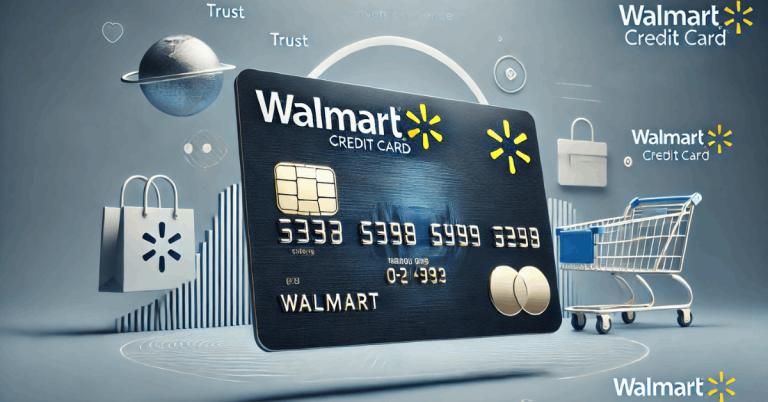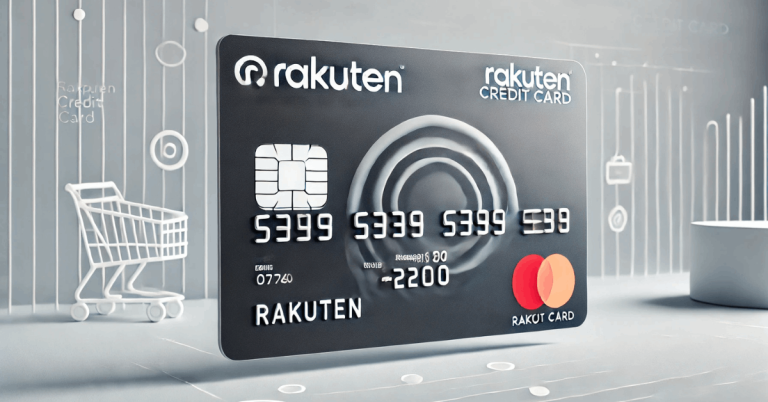Debt consolidation is a strategy to simplify managing multiple debts by combining them into a single payment.
This article explains how it works, its benefits and drawbacks, and whether it fits your financial situation. By the end, you’ll know how to make an informed decision.
What Is Debt Consolidation?
It is a way to combine your debts into one manageable payment. This method aims to make repayment easier and reduce stress related to multiple bills.
Definition of Debt Consolidation
Debt consolidation is the process of combining several debts into a single loan or payment. This strategy is often used to simplify repayment and reduce financial stress.
The goal is to have one manageable payment instead of tracking multiple bills. It can also reduce interest costs if you secure a lower rate.
How Does It Work?
Debt consolidation uses a loan or financial service to pay off debts. Once the debts are combined, you focus on repaying one consolidated amount to a single lender.
This can simplify your finances and help you avoid missed payments. Some methods, like personal loans or balance transfers, offer a lower interest rate to save money over time.
Types of Debt Consolidation
There are different ways to combine debts, depending on your situation. Each option has its process and requirements. Below are the most common types:
- Personal Loans: Borrow a fixed amount to pay off debts and repay in installments.
- Credit Card Balance Transfers: Move high-interest debt to a card with a lower interest rate.
- Home Equity Loans: Use the value of your home to secure a loan for repayment.
- Debt Management Plans: Work with a counselor to create a structured repayment plan.
Benefits of Debt Consolidation
Combining debts can offer multiple advantages for simplifying your finances. Below are some key benefits and how they work to improve financial management.
Simplifies Debt Management
By merging debts, you reduce the number of payments you need to track. This helps you stay organized and avoid missed deadlines. A more precise overview of what you owe can make repayment less stressful.
Potential Lower Interest Rates
A consolidation plan might offer a lower overall interest rate, especially if your current debts have high rates. This can save you money over time. It also makes repayment more affordable in the long run.
One Monthly Payment
Instead of handling multiple bills, you only focus on one payment each month. This simplifies budgeting and makes it easier to stay consistent. It also reduces the risk of confusion or overlooked payments.
Improved Credit Score (If Managed Well)
Consolidating debts can help you make on-time payments, positively impacting your credit score. Paying down debts consistently shows lenders you are reliable. Over time, this can open up more financial opportunities.
Drawbacks of Debt Consolidation
While combining debts can help, it’s essential to understand its limitations. Below are some key drawbacks to consider.
Risk of Accumulating More Debt
Without disciplined financial habits, you might take on new debt while repaying the old one. This could lead to a worse financial situation. It’s essential to focus on responsible spending during repayment.
May Have Fees and Costs
Some consolidation methods come with fees, such as origination fees or balance transfer charges. These costs can increase the total amount you owe. Always review the terms carefully to avoid unexpected expenses.
May Extend the Repayment Period
While monthly payments may be lower, the repayment period could stretch longer. This means you might pay more in total interest over time. Evaluate whether this trade-off fits your financial goals.
Not a Solution for All Types of Debt
Certain debts, like student loans or tax obligations, may not be eligible for consolidation.
Additionally, some programs might not cover secured debts like mortgages. Understanding what can and cannot be included is critical before proceeding.
Is Debt Consolidation Right for You?
Determining if this option is suitable depends on your financial situation. Below are some factors to help you decide.
Assessing Personal Financial Situation
Analyze your income, expenses, and debts to understand your financial standing. Consider whether you can comfortably manage a single payment plan. A clear picture of your finances will guide your decision.
When Debt Consolidation Is a Good Option?
It’s a suitable choice if you’re struggling with high-interest debts and can secure a lower rate. Consolidation works well when you have a steady income to make consistent payments. It also helps if you want to simplify multiple accounts into one.
When to Avoid Debt Consolidation?
This approach may not address the root problem if your debt stems from uncontrolled spending.
Consolidation might also not help if your total debts are too high to manage, even with lower payments. In such cases, consider alternative solutions like credit counseling or settlement.
Alternatives to Debt Consolidation
If combining debts doesn’t work, other methods exist to address financial challenges. Below are some common alternatives to consider.
Debt Management Plans
Debt management plans involve working with a credit counselor to create a structured repayment schedule.
They negotiate with your creditors to lower interest rates or adjust terms. This option suits those who need help managing unsecured debts like credit cards.
Debt Settlement
Debt settlement lets you negotiate with creditors to pay less than the full amount owed. A lump-sum payment is required to resolve the account. This option may hurt your credit score but can help you deal with financial difficulties.
Bankruptcy
Filing for bankruptcy provides legal protection to clear certain debts but has serious consequences on your credit.
It’s often a last resort for those unable to meet their financial obligations. Bankruptcy remains on your credit report for several years.
Other Options for Managing Debt
Other alternatives include adjusting your budget, seeking additional income sources, or negotiating payment terms directly with creditors.
Refinancing loans may also lower monthly payments. Choose an approach based on your specific financial situation.
How to Get Started with Debt Consolidation?
Starting requires research and planning. Follow these steps to stay on track.
Steps to Follow When Considering Debt Consolidation
- Review your finances: Know your income, expenses, and total debt.
- Research options: Compare loans, balance transfers, and other tools.
- Check your credit: Ensure you qualify for good terms.
- Compare offers: Look at interest rates, fees, and repayment terms.
- Calculate costs: Confirm it will save you money overall.
What to Look for in a Debt Consolidation Plan?
- Interest rate: Must be lower than current debts.
- Repayment period: Shorter terms save interest, and longer terms lower payments.
- Fees: Watch for origination fees and penalties.
- Flexibility: Check for options like payment adjustments.
How to Choose a Reputable Company?
- Verify credentials: Look for licensing and accreditation.
- Read reviews: Ensure past clients are satisfied.
- Avoid scams: Watch for high upfront fees or false guarantees.
- Seek transparency: Terms and fees should be clear.
The Bottom Line on Debt Consolidation
Debt consolidation can simplify finances and reduce financial stress when managed responsibly. Combining multiple debts into one offers more manageable payments and potential savings on interest.
However, assessing your financial habits and exploring alternatives if consolidation doesn’t fit your needs is essential. Understanding the pros and cons will help you decide whether it’s the right solution.




